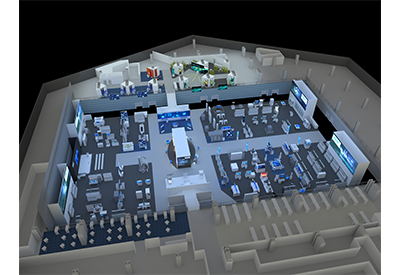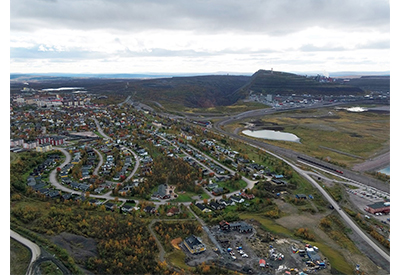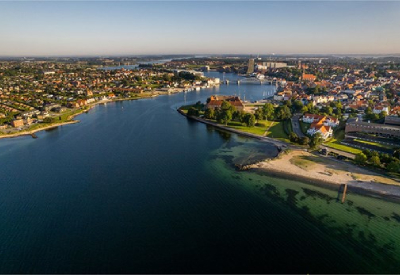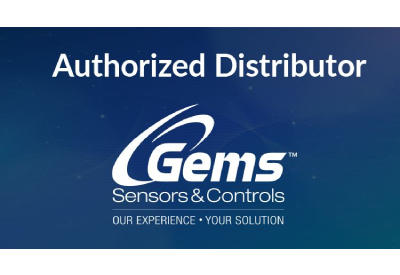Motor Control Panel (MCP) – Modular, Flexible and Safe, Up to Form 4 and 3,200A
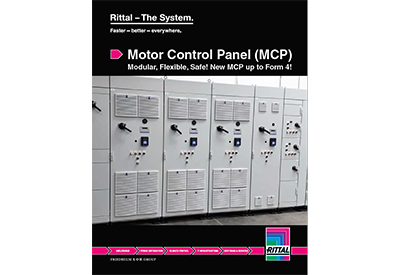
March 10, 2020
Rittal’s Motor Control Panel (MCP) is based on proven TS 8 architecture, and is the ideal solution to address motor control, power management & quality control challenges.
What makes Rittal’s MCP solution stand out from the rest?
- – 3-5 days’ power engineering time
- – 7-9 weeks from start to finish
- – 15 mins per section assembly in upright position
- – CSA/UL certified, NEMA 12 version
- – Plug & pay; standard parts
- – Configurable at all stages


